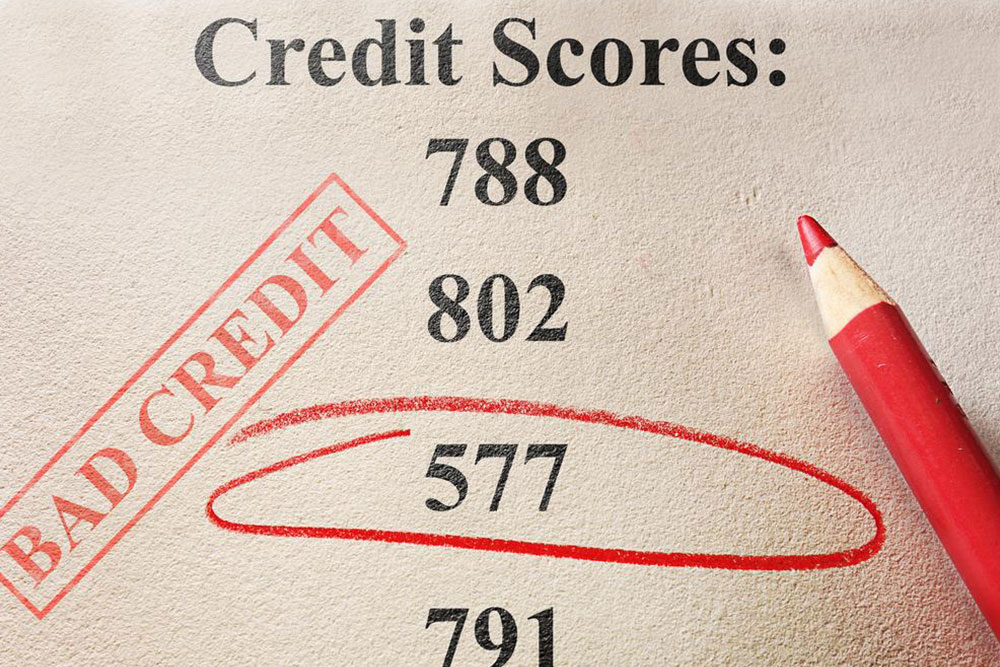Smart Funding Strategies for Small Businesses with Poor Credit History
This article offers small business owners with poor credit innovative funding strategies, including microloans, credit cards, partnerships, and peer-to-peer lending. It emphasizes practical tips for securing capital despite credit challenges, helping entrepreneurs start or grow their businesses confidently. By exploring these creative options, owners can improve their chances of obtaining necessary funds and building a stronger financial foundation for future success.

Smart Funding Strategies for Small Businesses with Poor Credit History
Launching a new business venture requires sufficient capital to cover startup costs, inventory, marketing, and operational expenses. However, entrepreneurs with a tarnished or limited credit history often face significant hurdles when seeking traditional financing options. The challenge lies in securing the necessary funds without a strong credit profile, which can feel overwhelming for many small business owners. Understanding alternative funding methods and creative financing options can make the difference between a stalled start and a thriving enterprise.
While personal credit scores are a critical factor in most lending decisions, they are not the sole criteria. Lenders also assess the viability of the business model, the experience and background of the owner, and the entrepreneur's personal investments in the venture. Recognizing this broader view allows small business owners to explore various non-traditional funding pathways that are more accommodating to those with less-than-ideal credit histories. Fortunately, several lenders and financial institutions now offer flexible financing options designed to support entrepreneurs facing credit challenges.
Here are some innovative and accessible financing strategies that small businesses with poor credit can leverage to secure the capital they need to grow and succeed:
Microloans: Microloans are an excellent choice for small-scale funding needs, typically offering sums ranging from $5,000 to $50,000. These loans are easier to qualify for compared to traditional bank loans, making them suitable for startups and small businesses with limited credit history. Proper repayment of microloans can also help improve your credit profile over time. However, it's essential to note that microloans often come with higher interest rates—sometimes reaching up to 20%—so budgeting for timely payments is crucial to avoid penalties and additional fees. Microloan programs are often provided by nonprofit organizations, government agencies, and specialized lenders committed to supporting small businesses.
Business Credit Cards: While using credit cards for business funding may seem risky, they can serve as a quick and flexible source of working capital, especially during cash flow shortages. Business credit cards often come with introductory 0% APR offers, cashback rewards, and expense management tools. One common strategy is to use credit cards for day-to-day expenses or small cash advances—such as withdrawing $2,000 to cover immediate operational costs—and then pay down the balance gradually. However, caution is advised: excessive reliance on credit cards can negatively impact your credit score if balances remain high or only minimum payments are made. Responsible usage and disciplined repayment are essential if you want to harness credit cards as a funding tool without jeopardizing your financial health.
Partnerships and Collaborations: Forming strategic partnerships can provide essential capital infusion without heavily relying on credit ratings. If you believe in your business's potential, consider partnering with individuals or other small companies willing to invest capital in exchange for equity, profit sharing, or ownership interests. This approach not only supplies necessary funds but can also bring valuable expertise, industry connections, and operational support. A well-structured partnership can reduce the need for external loans and sidestep the impact of poor credit scores, enabling your business to grow collaboratively.
Peer-to-Peer (P2P) Lending Platforms: P2P lending has become a popular alternative to traditional bank loans. This method involves borrowing directly from individual investors via online platforms. P2P lenders typically evaluate each application based on a combination of creditworthiness, business potential, and repayment ability, often offering more flexible terms than banks. When opting for P2P loans, it’s vital to choose reputable platforms that tailor repayment plans according to your financial situation. Negotiating the terms directly with lenders offers a personalized experience, provided you present a compelling business case and demonstrate commitment. P2P lending is suitable for entrepreneurs who need moderate funding without the stringent requirements of conventional lenders.
Securing funding for small businesses with poor credit requires ingenuity, resilience, and strategic planning. Exploring these alternative financing options can help overcome credit hurdles, allowing entrepreneurs to access the necessary capital to launch, expand, and sustain their businesses. Remember that maintaining good financial habits—such as timely repayments and responsible credit usage—over time can significantly improve your credit profile, opening the door to more traditional financing channels in the future.





